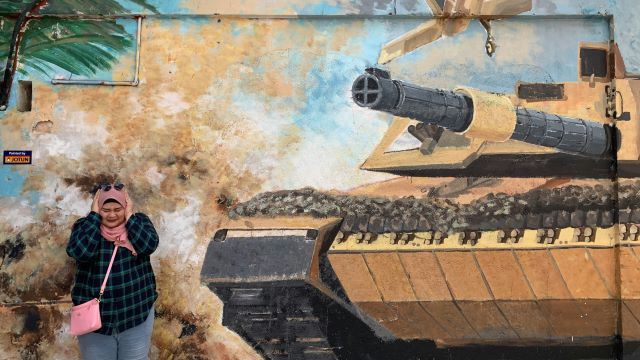By Sally Barenger
In the shifting sands of North Africa, Algeria stands as both sentinel and mediator. The largest country on the continent, it occupies a strategic position that places it at the heart of the Maghreb’s security debates. With one foot in the Mediterranean and the other in the Sahel, its borders touch zones of persistent unrest and fragile peace.
Algeria’s posture in the region has been defined as much by what it avoids as by what it pursues. Since winning independence from France in 1962 after a bruising war, the nation has held fast to a doctrine of non-interference and respect for sovereignty. That principle—born of hard-won autonomy—has shaped its diplomacy for decades, guiding it toward negotiation tables rather than battlefields.
The Diplomat’s Playbook
The country has assumed the role of mediator in conflicts that have tested the region’s stability.
In Mali, where insurgency and political fractures have threatened the state since 2012, Algeria emerged as a key broker. The 2015 Algiers Accord, a peace deal between the Malian government and rebel factions, bore its diplomatic imprint. While implementation has proved uneven, Algeria’s involvement underscored its willingness to expend political capital in the name of Sahelian stability.
A similar impulse has guided its approach to Libya’s fractured politics. Rejecting foreign military intervention, Algerian officials have pressed for inclusive dialogue among Libyan factions—an effort aimed at stabilizing its eastern flank and curbing the cross-border flows of arms and fighters that destabilize the wider Maghreb.
Fighting the Shadows
The legacy of Algeria’s own “Black Decade” in the 1990s, when extremist violence tore through the country, informs its hardened counterterrorism stance.
That experience gave rise to a security apparatus that is both vigilant and regionally engaged. Algeria is an active member of the African Union’s Peace and Security Council and the Trans-Sahara Counterterrorism Partnership, initiatives that foster intelligence sharing, joint drills, and coordinated operations with neighbors.
Border security has become a linchpin of its strategy. Patrols along the vast frontiers with Mali, Niger, Libya, and Tunisia are coupled with aerial surveillance, aimed at intercepting smugglers, armed groups, and extremist operatives before they penetrate deeper into Algerian territory.
Power in Reserve
Algeria maintains one of the most capable militaries in Africa, backed by significant investment in modern hardware and training. This strength functions both as a deterrent and as a foundation for regional peacekeeping efforts. Yet military capacity alone has not shielded the country from the pressures that complicate its role.
Fault Lines at Home and Abroad
Domestic politics remain a factor in Algeria’s foreign posture. The Hirak Movement, born in 2019 from mass protests against entrenched political elites, forced the resignation of longtime President Abdelaziz Bouteflika and ushered in promises of reform. While some changes have been implemented, the underlying demand for greater transparency and accountability continues to test the political system’s resilience.
On the regional stage, Algeria’s rivalry with Morocco persists, most visibly over Western Sahara. Algeria’s support for the Polisario Front clashes with Morocco’s claim to the territory, creating a diplomatic fault line that complicates broader Maghreb integration.
Economic strains add yet another layer. Reliance on hydrocarbon exports leaves Algeria vulnerable to fluctuations in global energy prices, while the slow pace of diversification constrains its ability to fund sustained security commitments abroad.
Navigating a Shifting Horizon
In the years ahead, Algeria’s capacity to influence regional security will depend on its ability to balance mediation with deterrence, cooperation with self-interest. It must manage domestic demands without diminishing its external reach and guard against the pull of rivalries that threaten to overshadow shared security goals.
The principles that emerged from its independence struggle—non-interference, sovereignty, and a preference for diplomacy over force—remain the compass points. But in a region where the lines between cooperation and conflict are rarely fixed, even the most steadfast doctrines are tested by events.
Algeria’s choices in the coming decade may help determine whether the Maghreb drifts further into fragmentation or finds steadier footing in an increasingly uncertain security landscape.
Sources:
- African Union Peace and Security Council records, 2015–2024
- United Nations Security Council briefings on the Sahel and Libya
- “The Algiers Accord and Its Aftermath,” International Crisis Group, 2020
- Algerian Ministry of Foreign Affairs, official statements, 2019–2024

